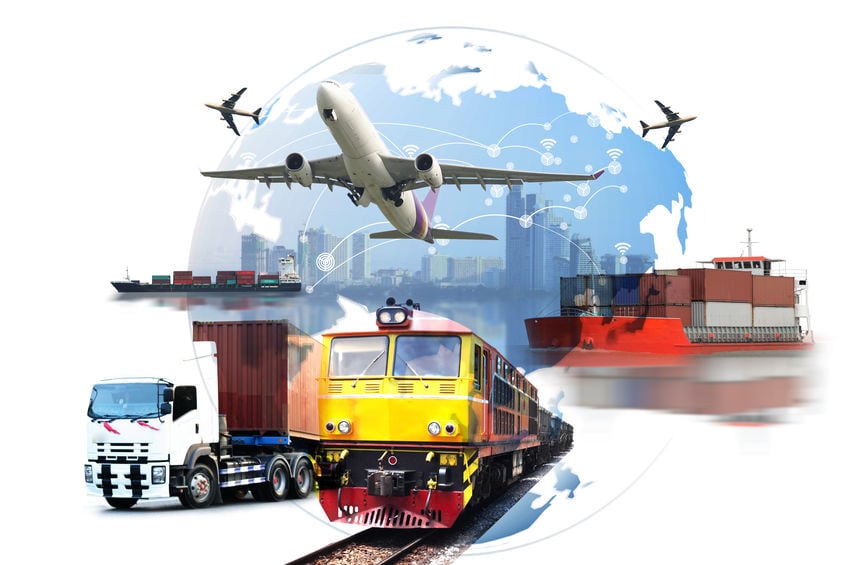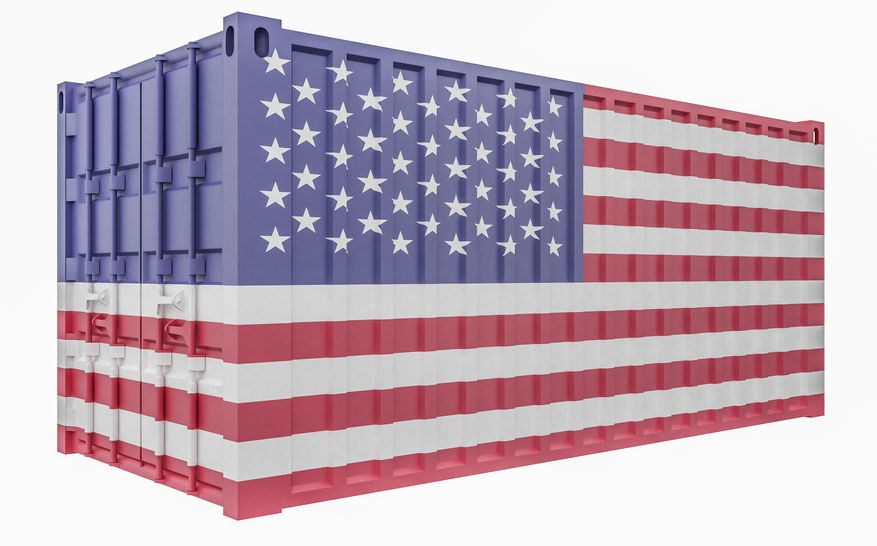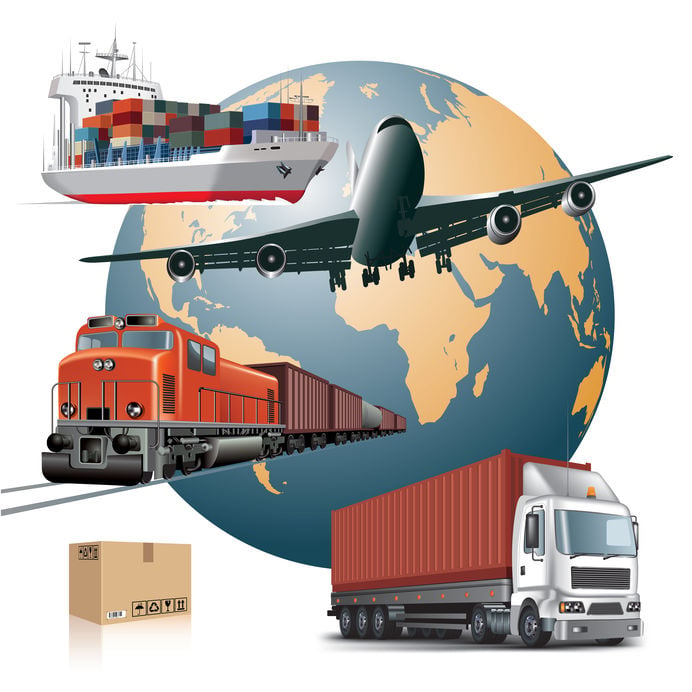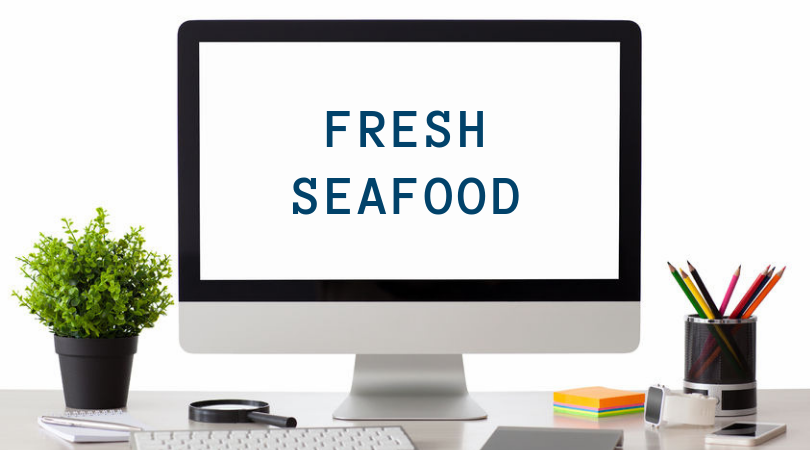We share hands-on advice for everyday trade and logistics challenges. Access insights and actionable strategies that drive certainty, continuity, and compliance across your operations.
IMO2020: Digging into the new sulphur emissions cap

This week, we dive deep into the background and context of IMO2020, putting the 0.5% sulphur emissions cap into greater context, and discussing the economic and environmental impacts of the mandate in greater detail as we move into the last quarter of 2019.
Switching customs brokers: a guide

A solid relationship with your customs broker, and a good fit with them, is essential for an importer. But what if it’s time for a change? This week, we dive deep into why you might consider a switch and how to go about it without disrupting your operations.
How Importing Vehicles into the U.S. Works

Importing vehicles into the U.S. isn't a process you should expect to be easy. It's filled with regulations, requirements, an emission testing.
Working with rising transportation costs and capacity issues

Rising fuel costs. Emission-reduction regulations. Peak season surcharges and capacity crunches. Across modes and all over the world, importers are working hard to balance competing priorities: keeping their supply chains moving quickly while protecting their profit margins.
Understanding Surtax

Surtaxes can be confusing for importers bringing goods into Canada. They can arrive without warning and change just as fast. Cole’s Consulting department took the time to explain the basics of surtax for companies bringing goods and services into Canada.
Basic Guide to U.S. Customs for Importers

If you're planning to start an importing business, U.S. Customs will likely become something you will need to understand. U.S. Customs and Border Protection (CBP) is a part of the U.S. Department of Homeland Security (DHS) and CBP is in charge of regulating all goods imported into the United States from other.
Logistics 101: Freight

International shipping and freight is a complicated business. When moving goods over land, sea, and air, there are a lot of moving pieces and a lot of industry-specific terminology that can be confusing. We’ve put together a brief introductory guide to help you navigate the real basics of freight.
Black Friday approaches. Are you ready?

Black Friday, Cyber Monday (falling on November 24 and 27 this year), and the ensuing shopping frenzy leading up to Christmas bring significant opportunities – and challenges – to businesses worldwide. Major global shipping companies deliver hundreds of millions of packages in the month between Black Friday and New.
Single Window Initiative (SWI) - Survival Guide for importing explosives

The new SWI landscape The Single Window Initiative means several changes for importers:
Single Window Initiative (SWI): Survival Guide for importing fresh seafood

The new SWI landscape The Single Window Initiative means several changes for importers:
